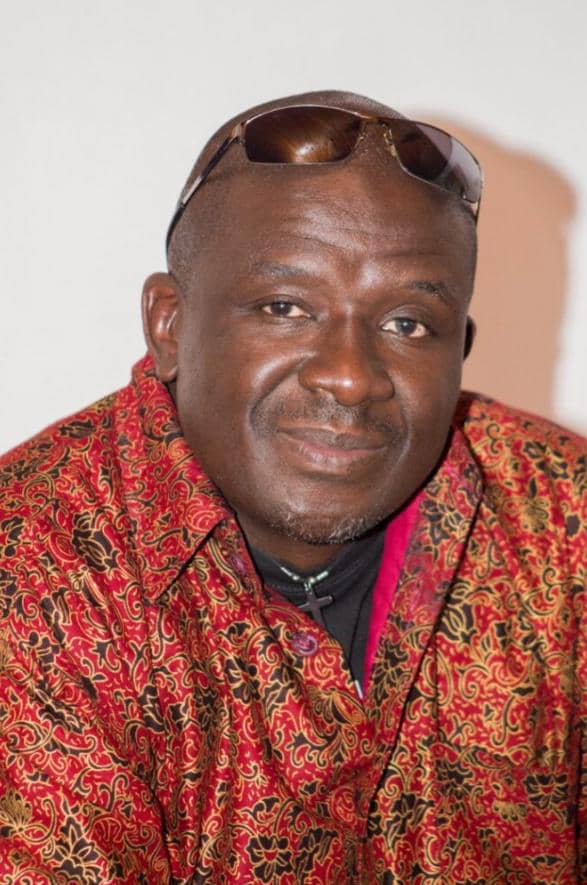By Burnett Munthali
Prominent political analysts and governance commentators, Undule Mwakasungula and Boniface Dulani, have offered contrasting opinions on the proposal to reinstate the law that would empower citizens to recall their Members of Parliament (MPs) if they fail to perform effectively. This debate has gained momentum following concerns raised by the people of the Central Region district of Chiradzulu, who have expressed dissatisfaction with their councilor, MP, and local authorities regarding development initiatives.
Undule Mwakasungula has voiced his support for the reinstatement of the law, arguing that it would encourage greater accountability among public officials. According to Mwakasungula, reintroducing the law would create a system where leaders work transparently and in close collaboration with their constituents to deliver on development promises. “The law is essential for enhancing leadership accountability,” he said, highlighting the potential benefits for governance if the recall provision is restored.
- Chithyola Banda: Between Allegations and Political UndercurrentsBy Staff Reporter Chithyola Banda continues to find himself at the center of intense public scrutiny, as allegations and counterclaims…
- Kalindo thanks Mutharika for Chilima’s death fresh inquiry
- CDEDI Blasts Chakwera Era as “Malawi’s Worst Mistake,” Says Mutharika Comparison an “Insult”
- CCYCDO Strengthens Community Ties Through Visit to Disabled Individuals in Chiradzulu
- Gulf in Flames: Iran’s Retaliatory Blitz Shakes U.S.–Israel Alliance and Redraws the Balance of Power

On the other hand, Boniface Dulani has expressed skepticism about the feasibility of implementing such a law, citing challenges with the current political system. He pointed out that many leaders were not elected by an outright majority in the 2019 general elections, meaning that a significant portion of the electorate did not vote for them. “It would be difficult to enforce this law when many leaders were elected with less than half of the total votes,” Dulani argued, raising concerns about the practical challenges of applying the law fairly.
A survey conducted by the Institute for Public Opinion Research revealed that a majority of Malawians are in favor of the law’s reinstatement. The law, which was originally enacted in 1964 under Section 64 of the country’s constitution, gave voters the power to recall non-performing MPs. However, it was later repealed by Parliament after several years in use.
As Malawi prepares for its next general elections in just 11 months, the debate over the reinstatement of this law is expected to continue. The upcoming elections will require leaders to secure more than 50% of the vote to win, making the issue of electoral accountability even more relevant in the current political climate.




